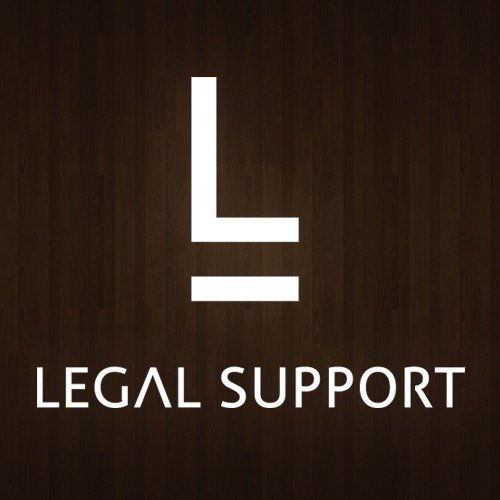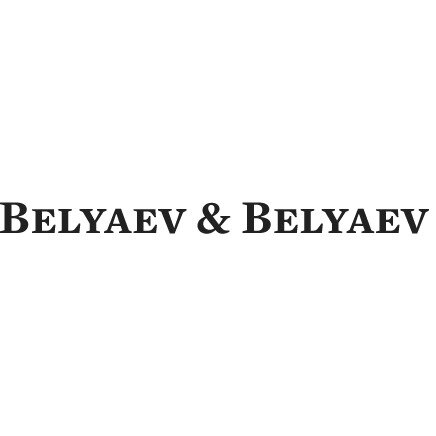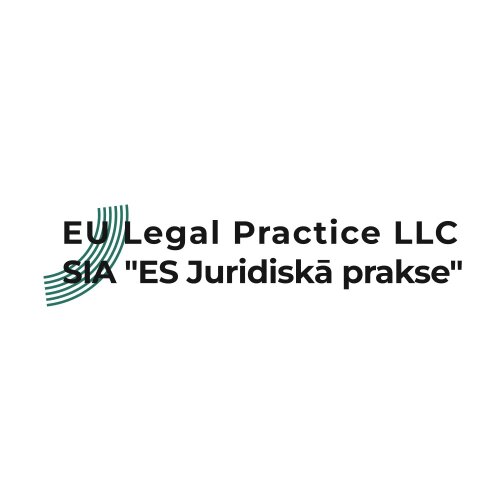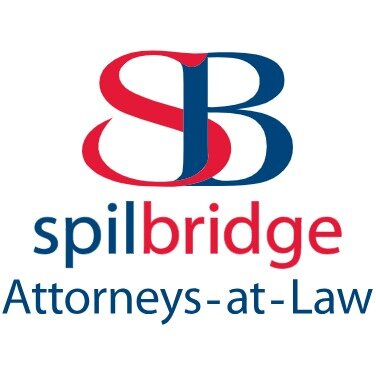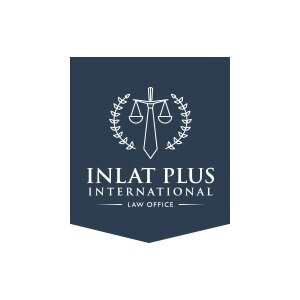Best Government Relations & Lobbying Lawyers in Latvia
Share your needs with us, get contacted by law firms.
Free. Takes 2 min.
Or refine your search by selecting a city:
List of the best lawyers in Latvia
About Government Relations & Lobbying Law in Latvia
Government Relations and Lobbying involve activities aimed at influencing public decision-making through advocacy and policy lobbying. In Latvia, such activities are essential for organizations seeking to interact with the government and policymakers to ensure their interests are represented. Latvia's legal framework for lobbying is designed to bring transparency and integrity to these interactions, addressing potential conflicts of interest and ensuring a level playing field for all stakeholders.
Why You May Need a Lawyer
Understanding and navigating the complexities of Government Relations and Lobbying in Latvia can be challenging for individuals and organizations alike. Situations where legal advice may be necessary include:
- Designing and implementing lobbying strategies that comply with local regulations
- Interpreting and adhering to specific regulatory requirements or legal frameworks
- Addressing conflicts of interest or potential ethical concerns
- Managing relationships with governmental bodies and officials
- Registering lobbyists and ensuring compliance with transparency requirements
Legal expertise can help avoid potential pitfalls and ensure effective and compliant advocacy.
Local Laws Overview
Latvia's approach to lobbying is governed by a series of legal requirements that emphasize transparency and ethical conduct. Key aspects of the law include:
- Registration: Lobbyists may be required to register in official registries if they engage in lobbying activities, enhancing transparency.
- Disclosure: Both lobbyists and public officials have obligations to disclose certain interactions, ensuring that public policy decisions are made transparently.
- Ethical Standards: Legal provisions deter conflicts of interest, with specific rules governing gifts, hospitality, and other influence tactics.
- Access to Information: Laws ensure that citizens and organizations have access to information about government decision-making processes.
Frequently Asked Questions
What constitutes lobbying in Latvia?
Lobbying in Latvia involves advocacy activities aimed at influencing public officials or the legislative process related to policy-making and legislation.
Are there specific legal requirements for registering lobbyists?
Yes, lobbyists may need to register with relevant authorities to ensure their activities are transparent and accountable. This helps maintain an open public policy process.
What ethical guidelines must lobbyists follow?
Lobbyists must adhere to ethical standards that include transparency in their actions, avoidance of conflicts of interest, and proper disclosure of relevant interactions with officials.
How are conflicts of interest managed?
Latvian law outlines specific measures for identifying and mitigating potential conflicts of interest to ensure integrity in the policymaking process.
What is the role of transparency in lobbying activities?
Transparency is crucial, requiring lobbyists and public officials to disclose their interactions, ensuring accountability and public trust in government decision-making.
Can anyone become a lobbyist?
While anyone can advocate for their interests, professional lobbyists typically have specific roles and may require registration and adherence to legal and ethical standards.
How can I ensure compliance with lobbying laws?
Legal counsel can help interpret and apply relevant legislative requirements, ensuring your activities are compliant and ethical.
What happens if lobbying laws are violated?
Violations can result in penalties, including fines or restrictions on lobbying activities, emphasizing the importance of legal compliance.
What governmental body oversees lobbying activities?
The oversight of lobbying activities in Latvia may fall under governmental or regulatory bodies tasked with upholding transparency and ethical standards.
Are there any changes expected in the lobbying laws?
Laws may evolve to enhance transparency and address emerging challenges in public policy advocacy, necessitating continuous legal monitoring.
Additional Resources
For those seeking further information on Government Relations & Lobbying in Latvia, consider reaching out to these resources:
- Latvian Open Government Partnership Initiative
- Transparency International Latvia (Delna)
- Latvian Ministry of Justice
- Professional lobbying associations or legal firms specializing in public policy and advocacy
Next Steps
If you require legal assistance in navigating Government Relations and Lobbying in Latvia, consider the following steps:
- Identify and consult with a legal expert specializing in lobbying and government relations to assess your situation.
- Ensure clear understanding and application of relevant laws and ethical guidelines to your advocacy activities.
- Develop a compliant and effective strategy to engage with government stakeholders and advance your policy goals.
Professional legal guidance can provide the clarity and assurance needed for successful and transparent interactions with Latvian governmental bodies.
Lawzana helps you find the best lawyers and law firms in Latvia through a curated and pre-screened list of qualified legal professionals. Our platform offers rankings and detailed profiles of attorneys and law firms, allowing you to compare based on practice areas, including Government Relations & Lobbying, experience, and client feedback.
Each profile includes a description of the firm's areas of practice, client reviews, team members and partners, year of establishment, spoken languages, office locations, contact information, social media presence, and any published articles or resources. Most firms on our platform speak English and are experienced in both local and international legal matters.
Get a quote from top-rated law firms in Latvia — quickly, securely, and without unnecessary hassle.
Disclaimer:
The information provided on this page is for general informational purposes only and does not constitute legal advice. While we strive to ensure the accuracy and relevance of the content, legal information may change over time, and interpretations of the law can vary. You should always consult with a qualified legal professional for advice specific to your situation.
We disclaim all liability for actions taken or not taken based on the content of this page. If you believe any information is incorrect or outdated, please contact us, and we will review and update it where appropriate.
Browse government relations & lobbying law firms by city in Latvia
Refine your search by selecting a city.







